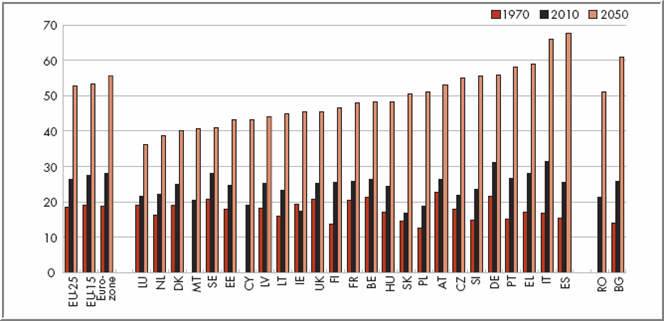The Notes section for each slide contains important information. Make sure you can read the Notes. On this slide, the notes start with "[NOTES SECTION: This is where the important information is...]"
Copyright © 2008 W3C® (MIT, ERCIM, Keio)
Notes
[NOTES SECTION This is where the important information is: for each slide.]
Permission and Reference
Note to presenters:
If you plan to use this material for a presentation, please let us know by sending an email to wai-eo-editors@w3.org (a publicly-archived list), or if you do not want it public send it to wai@w3.org. Following your presentation, we would appreciate knowing how many people attended, what questions they had, and such. We also welcome your feedback and suggestions for the presentation.
The "Web Accessibility for Older Users" presentation material is copyright© W3C and licensed under the W3C Document License, with the exception of some of the images. Additionally, you are granted permission to create modifications or derivatives of the material.
All that means that you can copy, change, translate, distribute, and present the "Web Accessibility for Older Users" presentation material as long as you include the reference information below as source material:
Web Accessibility for Older Users, A.M.J. Arch, ed. W3C (MIT, ERCIM, Keio), December 2008. www.w3.org/WAI/WAI-AGE/????
Images
Credits for the images and information on permission to use the images are included in the Notes section where the image first appears.

